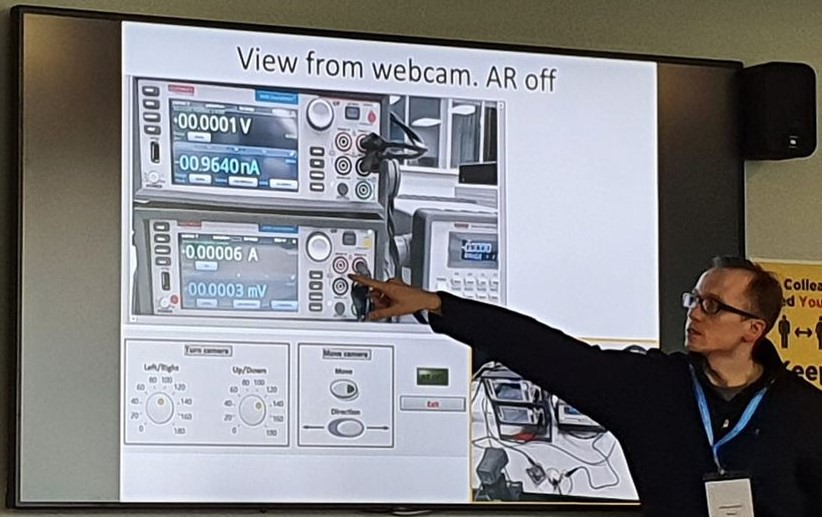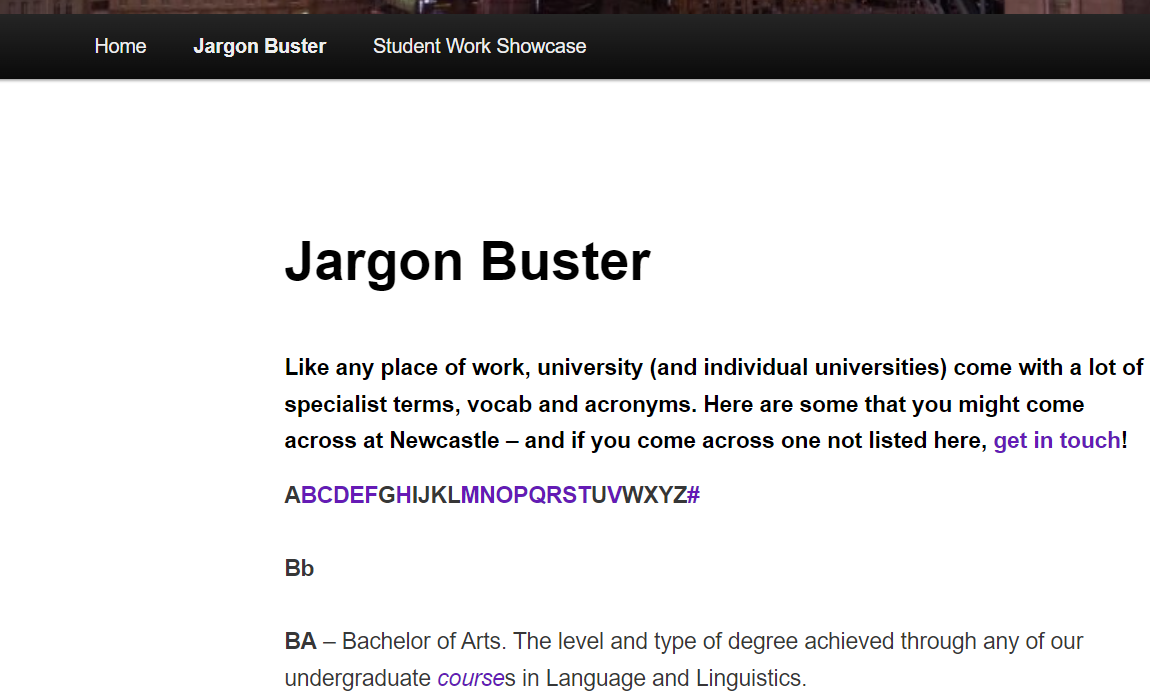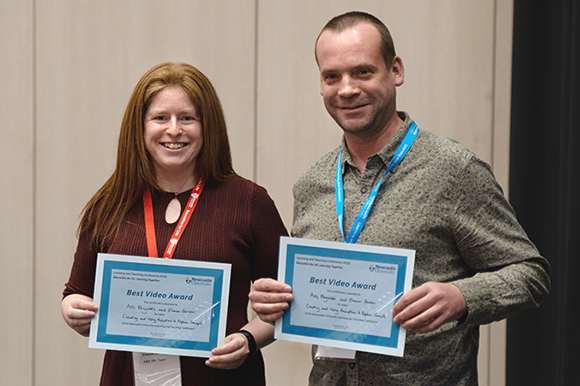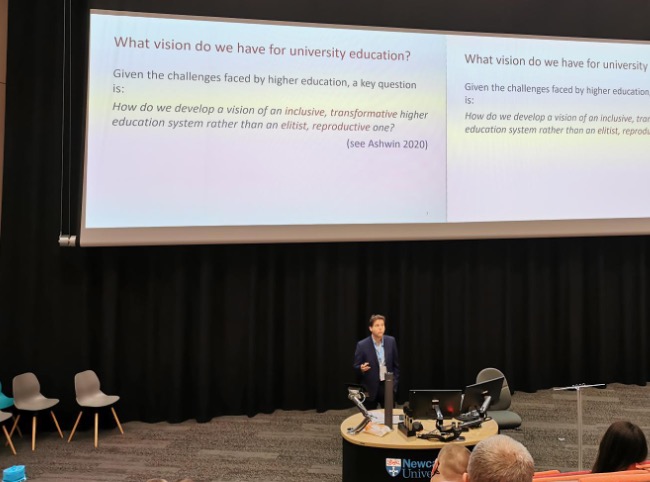Work done by the School of Dentistry and FMS TEL Team won first prize at the Trans-European Pedagogic Anatomical Research Group Hybrid Conference this year, for the presentation on ‘Adopting a flexible approach to professional anatomy spotter exams during COVID’. You can read the internal news item on Sharepoint.
This work was also subsequently presented at the Newcastle University Learning and Teaching Conference 2022. Newcastle Staff can view the poster here for an overview.
This work centres on how exams subject to oversight from professional bodies – in this case the General Dental Council – could be run with adequate probity when these could not be undertaken in person.
The first element of this is to run the exams ‘live’ rather than as a 24h format. This meant that teaching staff and professional staff could be on hand to resolve any technical difficulties or make invigilation decisions.
A variety of question designs were also thought through. The final format was a ‘stimulus’ question type on Canvas, allowing an image to be shown with answer options alongside. Now this question type can also be used with Inspera exams.
The support of students with SSPs was also a key consideration, and rest breaks were granted across the board when exams were very lengthy. Students were asked what they thought about the probity measures put in place, such as the use of an exam declaration, and checking responses which may have been copy-pasted. Overall, the response was positive.
A key element in the smooth running of these exams was the preparation offered to students beforehand, such as clear messaging via email and the opportunity to practice with the exam environment before undertaking their summative assessments. 99% of students agreed that they had been well-supported throughout the process and during the exams themselves via the Zoom exam hotline. Most calls were students double-checking their responses had been submitted, rather than having technical issues.
Learning from these exams has already been carried forward for digital exams running through the new Inspera exam system, and the confidence staff and students have in the procedure means that any future changes to circumstances will be much easier to navigate for these teams and cohorts.






